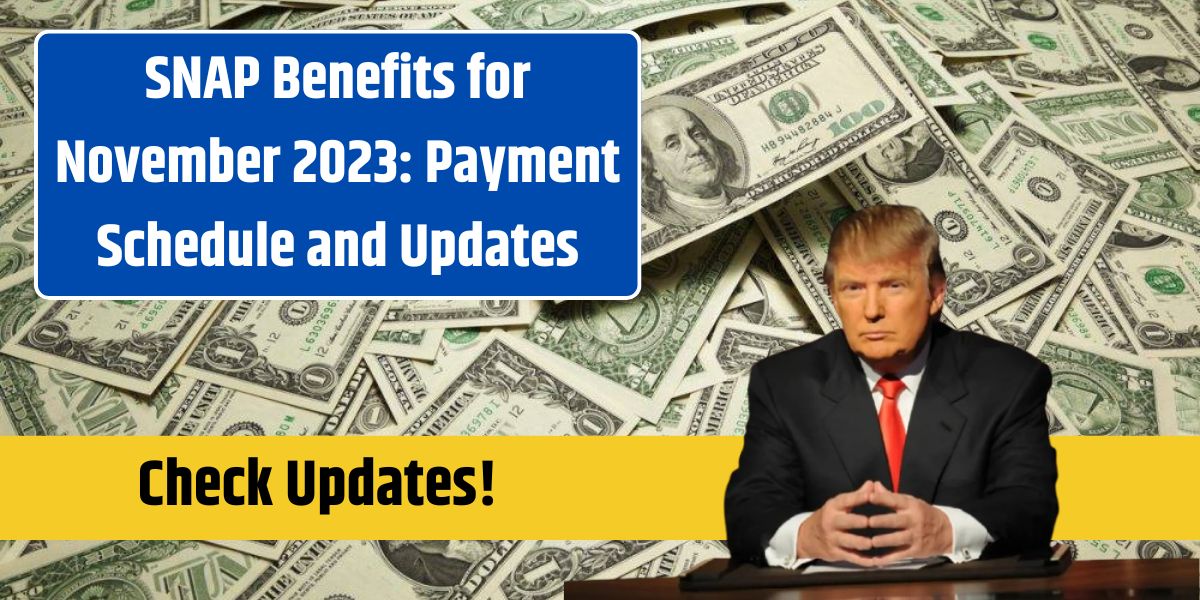The Social Security Administration (SSA) has introduced substantial adjustments to its programs for 2025, with these changes aimed at addressing inflation, enhancing benefits, and updating the earnings thresholds. This update includes an increase in the taxable income limit and adjustments in monthly benefits for retirees, survivors, disabled individuals, and Supplemental Security Income (SSI) recipients. Here’s a look at the key reforms scheduled to take effect in January 2025.
1. Increased Taxable Maximum Earnings for 2025
One of the most impactful adjustments in 2025 is the increase in the annual taxable maximum, which rises from $168,600 to $176,100. This limit represents the maximum income on which Social Security payroll taxes are levied. Wages earned above $176,100 will not be subject to Social Security tax, although Medicare taxes still apply to all income levels without a cap.
The SSA adjusts this threshold each year to account for changes in average wages. This increase means that higher earners will contribute more towards Social Security, which in turn can benefit the program’s funding and provide stability for future payouts.
2. Cost of Living Adjustment (COLA)
The SSA has announced a 2.5% Cost of Living Adjustment (COLA) for 2025. COLA helps beneficiaries keep up with inflation by boosting monthly payments. This increase will impact a wide range of Social Security recipients, including those receiving retirement benefits, survivor benefits, disability benefits, and SSI.
New Monthly Payment Estimates for 2025
With the 2.5% COLA adjustment, average monthly benefits will increase as follows:
| Benefit Type | Average Payment | Payment Details |
|---|---|---|
| Retirement Benefits | $1,948 | Age 62: $2,778; Age 67: $3,918; Age 70: $4,995 |
| Survivor Benefits | $1,543 | Individual: $1,817; 2 Children: $3,744 |
| Disability (SSDI) | $1,575 | Blind Recipients: $2,655; Max Payment: $3,918 |
| SSI Benefits | $715 | Individual: $967; Couples: $1,450; Essential Person: $484 |
These new amounts will be in effect starting in January 2025. For RSDI program beneficiaries, the increased Social Security checks will arrive on specific dates depending on when they first applied and their birth date.
3. Updated Social Security Payment Schedule for January 2025
The SSA’s payment schedule for January 2025 will see several key dates for the disbursement of adjusted benefits:
| Recipient Type | Payment Date | Notes |
|---|---|---|
| RSDI (claimed before May 1997) | January 3 | For claims made before May 1997 |
| RSDI (birth date 1st–10th) | January 8 | For claims made after May 1997 |
| RSDI (birth date 11th–20th) | January 15 | |
| RSDI (birth date 21st–31st) | January 22 | |
| SSI (extra payment) | January 31 | Due to February 1 falling on a weekend |
SSI recipients will receive their increased January payment on December 31, as January 1 falls on a holiday. This adjusted schedule aims to ensure that all beneficiaries receive their due payments without delay.
4. Key Changes to Supplemental Security Income (SSI) Rules
In addition to payment increases, the SSA is implementing important changes to SSI rules, particularly around income calculations and public assistance definitions.
New Public Assistance Definition
Households receiving Supplemental Nutrition Assistance Program (SNAP) benefits now qualify as public assistance households under Social Security. This change impacts SSI applicants by allowing SNAP support to be considered in household income calculations, potentially increasing eligibility.
Food Donations Excluded from Unearned Income
Beginning in September, food donations are no longer considered unearned income under the SSA’s in-kind support and maintenance (ISM) category. Previously, food gifts could reduce SSI benefits, but now they will not impact SSI payments. This change will help approximately 9% of SSI beneficiaries, allowing them to receive consistent payments regardless of food donations from family or community sources.
Navigating the Changes with My Social Security Account
Understanding these changes may be challenging for some beneficiaries, but the SSA offers online tools, including the My Social Security Account. Through this account, beneficiaries can access payment schedules, download financial statements, and find updated information about Social Security benefits and eligibility.
Will I need to pay more in Social Security taxes if my income is above $176,100?
No, income above $176,100 will not be subject to Social Security taxes, but Medicare taxes still apply to all income levels.
When will I see the increase from the 2.5% COLA in my payment?
COLA increases will be effective in January 2025, so beneficiaries will see the adjusted amount in their January checks.
How will food donations impact my SSI benefits in 2025?
As of September, food donations are no longer considered unearned income, so they will not reduce SSI benefits.





















